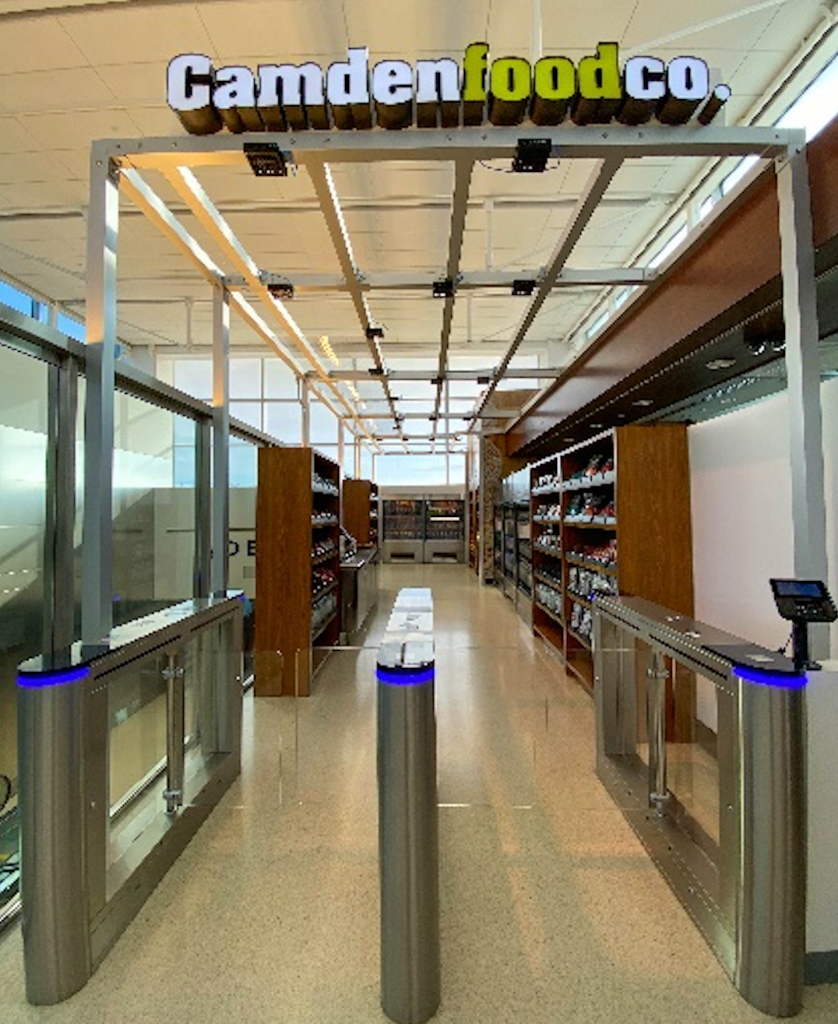UPDATE: A spokesperson for Betterland reached out to The Spoon with the following statement:
“betterland foods™ is not closed down. It is currently being prepared for sale and is in talks with several CPG brands. After seeing a proof of concept with the success of both WOO and betterland milk, and after looking at the current market and retailer landscape, betterland foods decided to bundle the brands and sell to a larger CPG to capitalize on the success of the formulations and the potential for the brand to flourish with more resources. Given her experience selling think!® to Glanbia, she (founder Lizanne Falsetto) believes this is the best approach.“
It appears that Betterland Foods, a startup launched last year to create dairy and chocolate using Perfect Day’s precision fermented animal-free whey, has closed its doors.
Sources close to the company have told The Spoon that Betterland closed down earlier this year. The websites for Betterland Foods dairy and Woo Bars are no longer active.
The company debuted with significant fanfare in early 2022, touting the impressive background of its better-for-you industry veteran founder Lizanne Falsetto. Falsetto, who helped pioneer the nutrition bar category with the launch of thinkThin brands, came out of retirement to launch the new company, citing her concern for the toll traditional animal agriculture is taking on the planet.
“I am disturbed by the toll of food production on the planet, and I kept a close eye on climate-friendly protein innovation,” Falsetto wrote on Linkedin. “I fell in love with the health benefits and eco-friendly footprint of cow-free protein, but what’s more, I began to develop a vision.”
Betterland Foods and Woo were two of the first of a growing list of external go-to-market partners for Perfect Day for its animal-free dairy proteins. The maker of precision fermented dairy products diversified its strategy of launching internally developed brands through holding companies such as Brave Robot and began to work with external partners over the past couple of years. Betterland and Woo, which are still listed as brand partners on the company website, look to be the first of the company’s external partner brands to exit the market.
While Falsetto’s experience launching a better-for-you brand in thinkThin (which she sold to Glanbia in 2015) was a promising indicator Betterland could help create a new category utilizing animal-free protein, the results a year later show that even the strongest of resumes is no guarantee in noisy, saturated markets. Both dairy and candy are highly competitive categories in which consumers tend to be loyal to brands they know and love. With precision fermentation, this difficulty is compounded by the reality that messaging the uniqueness and benefits of animal-free-but-identical inputs is nuanced, something we’ve witnessed as Perfect Day itself has worked through different framing as it’s pushed its products into the market.
Speaking personally, it’s a bummer to see Woo and Betterland disappear. I tried the Woo chocolate bar and thought it tasted great, and while I never got a chance to try Betterland milk, I’ve had milk with Perfect Day’s animal-free protein and thought it was the best alternative milk I’ve ever sampled.
I’ve reached out for comment to both Perfect Day and Betterland and will update this story when we get a response.






























